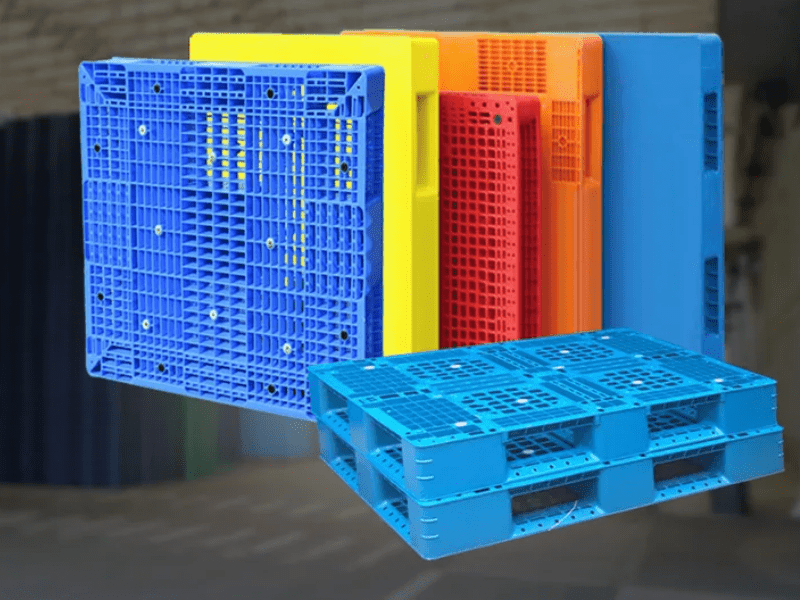The question of plastic pallet ownership legality often surprises many people. However, it’s important to understand that possessing plastic pallets isn’t universally illegal – rather, specific regulations govern their ownership and use, particularly in certain jurisdictions like Arizona.
The Arizona Law and Its Origins
In 2011, Arizona implemented a groundbreaking law that significantly impacted plastic pallet ownership. According to this legislation, individuals or businesses involved in recycling, shredding, reselling, or destroying plastic bulk merchandise containers face strict limitations. Specifically, they cannot purchase five or more plastic bulk containers bearing company logos or markings simultaneously. This threshold increases to ten units for wooden containers.
Documentation Requirements
The law establishes stringent documentation requirements for plastic pallet purchases. Buyers must maintain:
– Detailed proof of legal acquisition
– Complete seller identification information including name, address, and contact details
– Documentation records for a minimum one-year period for potential law enforcement review
Understanding the Context: Why Arizona?
Several factors contributed to Arizona’s implementation of these regulations:
Geographic Significance
Arizona’s strategic location near Mexico makes it a crucial transportation hub between the United States and Mexico. This positioning has led to the development of extensive warehousing and distribution networks, resulting in a high concentration of plastic pallets in the region.
Economic Factors
Plastic pallets have become attractive targets for theft due to their:
– High recycling value
– Significant resale potential in secondary markets
– Durability compared to wooden alternatives
– Easy conversion into raw materials
Cross-Border Implications
The state’s proximity to the international border presents unique challenges, as stolen pallets can be quickly transported across borders for resale or recycling in less regulated markets.
Problem of Organized Theft
Before the law’s implementation, Arizona faced increasing challenges with organized criminal activities targeting plastic pallets. These thefts significantly impacted local businesses, creating substantial financial losses. The legislation aimed to disrupt illegal markets by making it more difficult to process stolen pallets through legitimate channels.
Legal Ownership Guidelines
To legally own plastic pallets in Arizona, individuals and businesses must:
– Maintain proper documentation of purchase
– Keep detailed records of seller information
– Comply with quantity restrictions
– Ensure pallets are not marked with unauthorized company logos
Current Status and Enforcement
As of 2024, while the original legislation remains in effect, enforcement approaches have evolved. Current efforts focus primarily on:
– High-risk areas and locations
– Repeat offenders
– Large-scale operations
– Suspicious transaction patterns
Industry Impact and Compliance
The regulations have affected various stakeholders in the supply chain:
For Businesses
– Need to implement robust tracking systems
– Requirement to maintain detailed documentation
– Importance of proper authorization for pallet usage
For Recyclers
– Enhanced verification procedures
– Stricter purchase limitations
– More comprehensive record-keeping requirements
Beyond Arizona: Broader Implications
While Arizona’s law stands out, the issue of plastic pallet ownership extends beyond state borders. Other considerations include:
– Intellectual property rights of pallet designs
– Environmental regulations regarding plastic materials
– Industry-specific safety and hygiene standards
– Pallet pooling system requirements

Conclusion
The legality of plastic pallet ownership is more complex than it might initially appear. While not universally illegal, specific regulations, particularly in Arizona, govern their acquisition and possession. These rules aim to protect legitimate businesses, prevent theft, and maintain order in the logistics industry. Understanding and complying with these regulations is crucial for anyone involved in the transportation and warehousing sectors.





